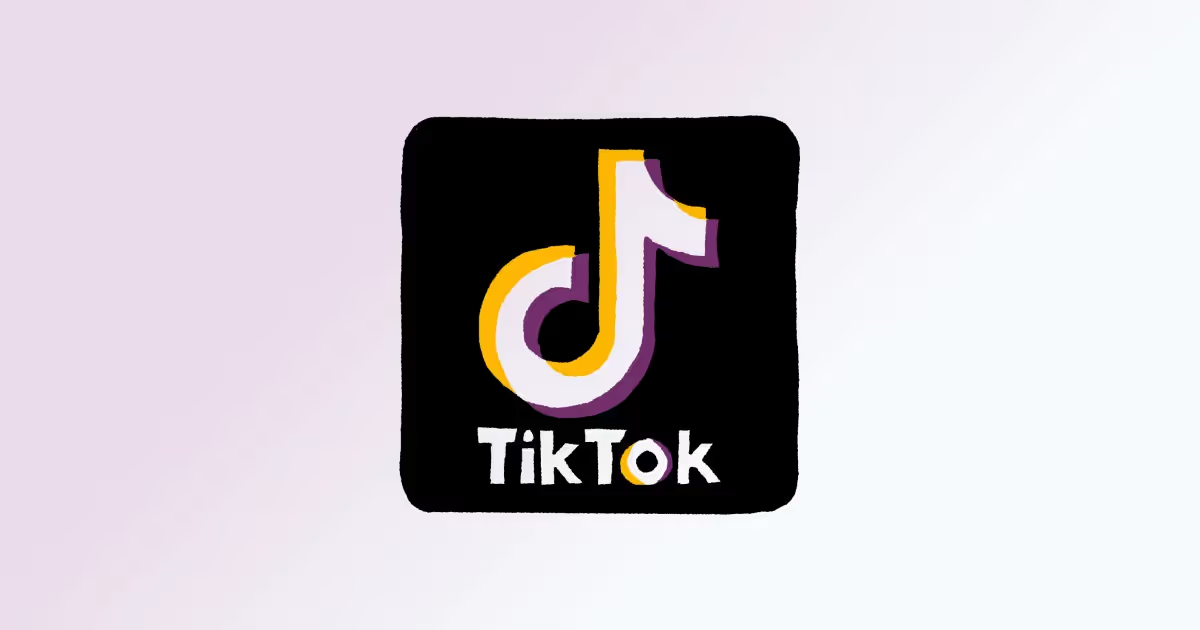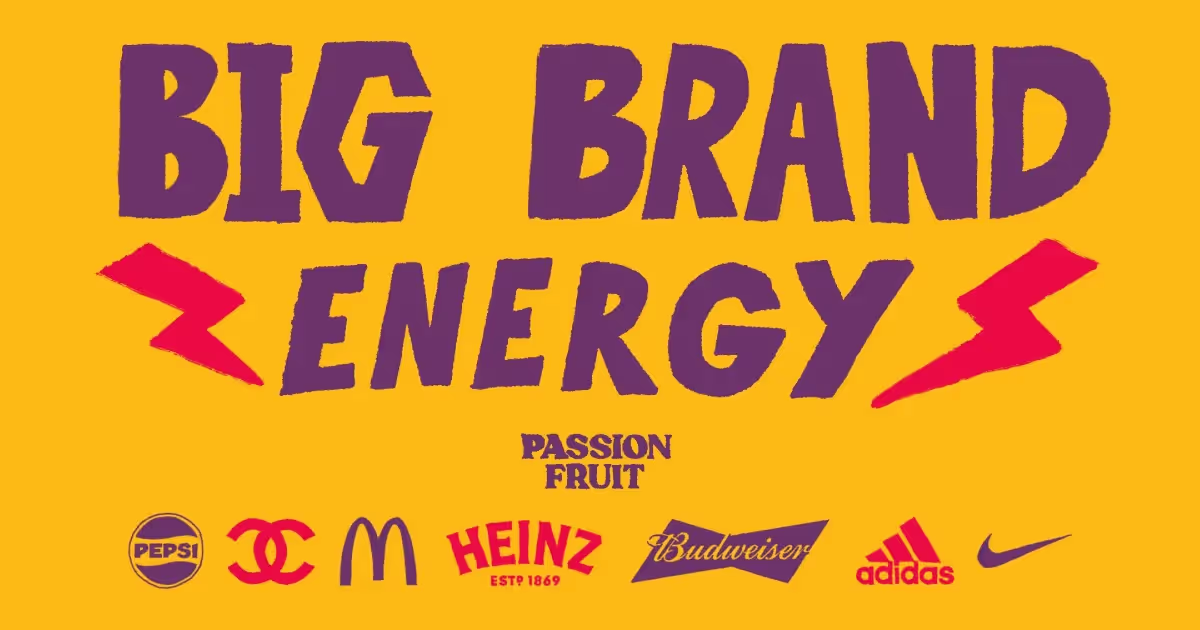As categories go, insurance isn’t necessarily the sexiest one out there. It’s been done the same way for a very long time.
But what it lacks in charisma it more than makes up for in how ripe it is for disruption.
“Insurtech”, as it is known within VC circles, is a $6tn industry and a verified unicorn-generator, with over 25 of them breaking out in just the last six years and many more like London-based Marshmallow and Tractable joining the club in recent months.
As a recent report showed, this success is driving investment dollars into the space, with an acceleration of activity well beyond the typical favourites like healthtech and fintech.

As more money gets pumped in, this space is going to get increasingly competitive. Making your startup and its product stand out becomes harder in a crowded market, so founders will need to double down on marketing investment in order to grow. But how should they deploy their capital? What marketing strategies and tactics can this new wave of early stage businesses put in place to reach the fabled unicorn club?
Let’s meet the contenders
- Spot - Injury insurance starting at $25 a month. From stitches to surgery and X-Rays to physical therapy, get your medical bills paid for each time you're injured.
- Surround - Helping consumers navigate the uncertainty of life with smarter insurance across driving, rental and other categories.
- Marble - Join the first rewards program for your home, car, and other personal insurance products
- Anansi - We’re building zero admin insurance products for ecommerce merchants, starting with a Shopify app providing automated cover for shipping issues
- Delos - For millions of Californians, we're the only company offering affordable home insurance. We can provide insurance for low-risk homes in wildfire areas because we’re the only company that knows which homes are actually low-risk.
- Nayms - We exist to provide cover for crypto-related risk to support this growing digital ecosystem. To achieve this, we're building a platform that enables the trading of Underwriting Securities and ILS contracts to cover such risk.
- Shepherd - Tech-enabled insurance for commercial construction's middle market.
- Amenli - Buy insurance in Egypt with a convenient & transparent experience. No need to wait a lifetime to get a quote, or get onboarded, do everything from the comfort of your home.
- Glow - Great insurance should protect a person’s entire life, not just the hours when they’re at work. That’s why we’re working toward integrating workers’ comp. and health insurance, protecting people wherever they are.
- Breeze - Easier, smarter insurance that helps you prepare for the worst — like cancer, heart attacks, strokes, accidents & more.
- Loop Health - India's first health insurance with unlimited primary care for employees.
How to approach growth in an increasingly competitive market
Here are a few guidelines for growth we suggest to startup founders looking to take a meaningful chunk out of the insurtech pie.
Remember to land before you expand
Marshmallow has just pulled off the gold star approach here. Their notion of “car insurance with a conscience” is aimed at the 20-40 year old market in the UK who care about their carbon footprint and aligning with organisations that champion diversity. It’s not something that will resonate with everyone, and that gives them a shot at winning over the customers that it does resonate with (e.g. by focussing PR efforts on one subset of media titles, blogs and forums.)
Over time, you earn the right to grow your horizon. (Surprise, surprise, just a few weeks ago, Marshmallow announced that “while scaling up, we’ve realised that we can strive to achieve these things and so much more. Our new mission is: We exist to reduce, and one day eliminate, the distress caused by accidents and disasters.”
Byron Sharp’s famous marketing maxim of “penetration over loyalty” is so often misunderstood for startups: penetration does not mean trying to reach everyone, it means trying to reach as many people as you can. This qualification is vital for startups with limited resources. As you grow, you can expand your service offering to more buyers, but in the beginning you should exist for a constrained group of consumers; and your product marketing must reflect that.
Use data: big and small
Another critical component of the Marshmallow playbook was using “big data” to inform their decision making. It’s a phrase which gets bandied about a lot but really it just means “taking extremely large data sets that may be analysed computationally to reveal patterns, trends, and associations”.
Crunching numbers to give a birds eye view of your customer base helps you make better decisions around paid marketing and SEO approaches especially. As with anything, though, there are trade-offs. So what’s important is not to lose sight of “small data” as well - especially early on.
By small data we simply mean taking extremely small data sets (e.g. 100 people you survey outside a car showroom) and (ideally) combining them with your earned knowledge from working in the insurance industry to reveal patterns, trends and associations. This will not give you the most comprehensive look at your customer base, but it will very quickly give you language and insights that you can play back to other customers through copy improvements across your main touchpoints like your website and social channels.
Show don’t tell how you’re protecting your customers
There’s a lot of scope for insurance startups to win big in content marketing. Tell emotionally-led stories of how your product prevents pain and distress for people going through tough times. In Lenny Rachitsky’s framework of content-driven growth, it has all the potential to be a homerun in terms of “Editorially-Generated Virality-Optimized” content like the now-famous Spotify Unwrapped series. If you’re thinking what right does an insurance company have to use video and audio to pull on people’s heartstrings, ask yourself what right does a water cooler company either? And yet Yeti are there pulling in millions of views for their content.

As Bennett Carroccio of Canal has spoken about, the price of digital advertising is going up so dramatically that CAC:LTV ratios are getting hit even for more established players. It’s time to start investing in organic distribution channels, the earlier the better, and thinking and acting like a media company with a proper content strategy is fast becoming table stakes for every startup out there.







